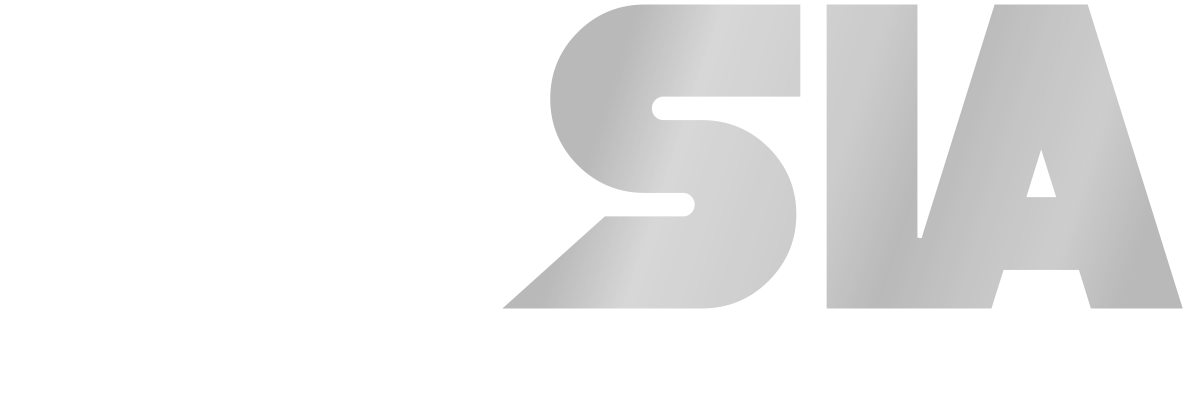By Josh Barkman, 2015.
Often, people during their everyday life, end up questioning themselves as to what they should do, or what they
should say when making decisions. It is something that all instructors, coaches, and trainers will come to experience
and have to deal with on a daily basis, whether it is while we are working, or while we are riding. So complex is our
job that we forget how to be human and sometimes question our decisions we make whilst working and playing. How
often have you gone home and spent a considerable amount of time thinking about why moving that student onto
some new terrain, didn’t work? Or finished riding a gnarly, off-piste section, being left with a sense of confusion as to
why it didn’t feel right, even though you are thinking about an inefficiency in your riding, and are trying to fix it.
Everybody uses different tools or systems to justify their decision making, but few people tend to give it the time of
day it rightly deserves.
As part of our job, we are taught and molded into being a lesson giving machine. We are expected to make logical
decisions, and use historical patterns as our framework. If something worked for the student I had yesterday, it will
work for the student I have today, right? It is easy to fall into the trap of teaching the same, linear progressions, day
in, day out, it is just the nature of our job. On the flip side, we are trained to use our emotions and feelings to help
recognize when we feel out of our depth, or are tired and feeling uncomfortable. Likewise, we can tell when
somebody is confident and ready, by reading their body language and emotions. Most people involved in the snow
industry, with experience, can balance these two goliath decision making systems easily and are very successful.
Society tells us to use a balance of rationality and emotion to base our decision making on. Our heart has a lot to do
with emotion and empathy. You are likely operating out of your heart when basing decisions on feelings such as
happiness or anger. The brain has a lot to do with past experience, and reason. You’re likely operating out of your
brain when basing decisions on plausible evidence that it has worked before. Rarely, we are encouraged to trust our
gut feeling to help with complex, or intricate decisions. This could be because as people, we have no evidence using
our gut works, or does not work. Therefore, how and why should we pass this knowledge onto others?
Why is this important to us as instructors/coaches/trainers/riders?
We have all had moments of brilliance during our lifetime, where neither rationality nor emotions came into our
decision making, but we just felt like something wasn’t right. You didn’t accept that job, you didn’t walk down that
street, or you didn’t eat that last chip. Something didn’t feel good. It is something you could not describe to somebody
else other than to say, “It felt like that was the right decision”. Usually it was. This is using our gut feeling, or instinct.
Within teaching, personal riding, or facilitating group training, if you do not tap into the gut intelligence, there will not
be enough attention to managing risks, nor enough willpower to mobilize and carry out the decision once problems
occur. This can lead to second guessing, or over thinking.
This primal intuition that everybody has is as powerful, if not more powerful as your brain and heart. If you get an odd
feeling about moving a student onto a new task, or onto new terrain, that is your gut yelling out that it’s a poor
decision.
Get in touch with your intuition. Next time you are in a lesson, or riding on your day off, and are overcome with an odd
sense of knowing, that is completely unexplainable, run with it. Learn to trust your gut, and you will be forever
rewarded.
Josh Barkman
